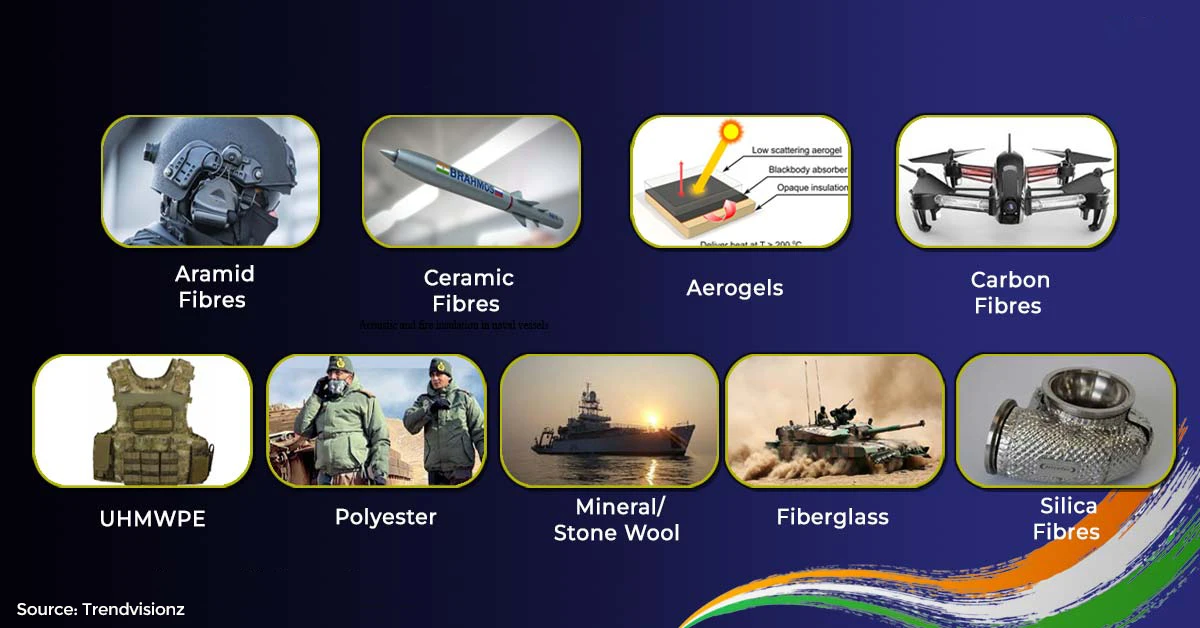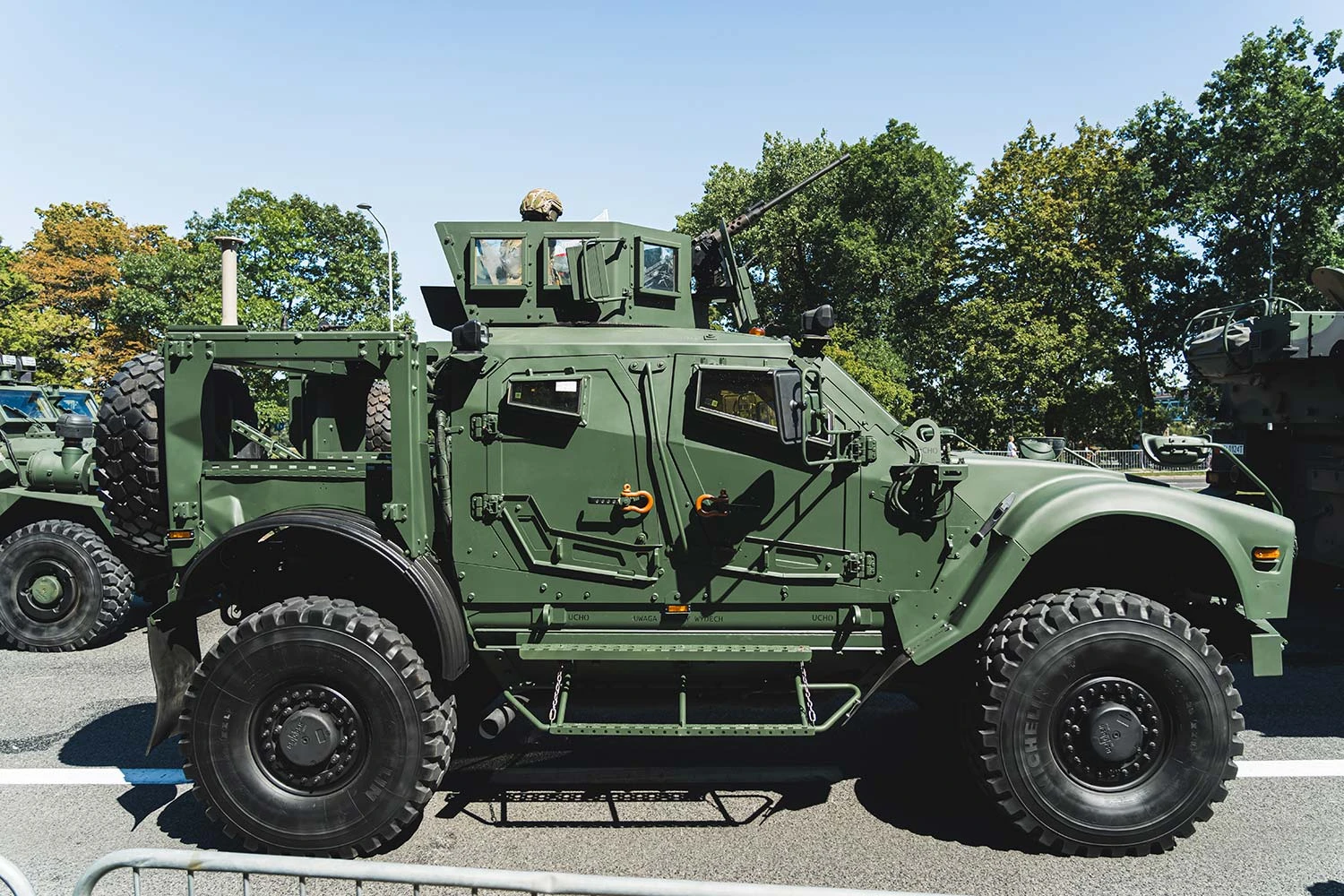Modern warfare isn’t just about firepower anymore—it’s about precision, stealth, and endurance. In this evolving landscape, insulation has quietly risen from being a background component to becoming a mission-critical enabler of defence technology.
Fibre-based insulation materials—like glass wool, ceramic fibres, and aerogels—now play a central role in managing thermal loads, vibration, and acoustic signatures across military vehicles, electronic systems, and field shelters. As defence systems get more advanced, the demand for lightweight, high-performance insulation has intensified.
Indian manufacturers are stepping up with homegrown solutions that rival global standards. Among them, companies like PBM Insulations are leveraging advanced R&D and proprietary processes to deliver products that meet the unique needs of national defence.
This article explores why fibre insulation is becoming essential for strategic applications and how India’s innovation is helping power the country’s defence resilience.
The Rising Role of Insulation in National Security
Defence strategy in the 21st century is no longer defined by brute force alone—it’s about endurance, precision, and protection across multi-domain operations. As battlefields extend to extreme terrains and electromagnetic environments, insulation technologies have become vital to national security. Whether it’s minimizing heat buildup in combat vehicles, reducing acoustic signatures in surveillance equipment, or shielding sensitive electronics from vibration, advanced insulation is now indispensable.

Fibre-based insulation meets these complex demands with remarkable efficiency. These materials are not only lightweight and easy to shape but also offer high thermal resistance, mechanical durability, and excellent noise-dampening properties. Their versatility makes them ideal for integration into everything from armored vehicles to field shelters and electronic systems. As military technologies evolve, the supporting infrastructure must too—and insulation is proving to be one of the quietest yet most powerful contributors to modern defence readiness.
How Indian Manufacturers Are Meeting Global Standards
India’s journey toward defence self-reliance is accelerating under the Aatmanirbhar Bharat initiative. As indigenous capabilities grow, insulation manufacturers are stepping into a crucial role—supplying high-performance solutions that meet rigorous defence specifications.
Indigenous Innovation, Global Precision
Modern Indian manufacturers are integrating advanced R&D with proprietary techniques like:
- Needling for structural integrity and uniform density
- Lamination for multilayer protection and durability
- Moulding for application-specific insulation components
These processes enhance the reliability of fibre-based insulation for use in mission-critical environments.
Certifications That Signal Global Readiness
Select manufacturers are now:
- Certified with ISO and IATF, ensuring robust quality and process control across all operations.
- Recognized by Ecovadis for implementing sustainable and ethical manufacturing practices.
- Backed by a Dun & Bradstreet rating, reflecting strong financial credibility and business reliability.
Such compliance ensures Indian-made insulation is ready for global defence supply chains.
Contributing to India’s Export Vision
By aligning with international standards, Indian companies are not only serving the domestic defence sector but also contributing to the Make in India and Defence Export strategies. The shift from import dependency to innovation-led exports marks a significant leap in India’s defence manufacturing capability.
Application Areas in Defence: Use Cases
Fibre-based insulation is finding critical applications across multiple defence segments—where reliability, performance, and adaptability are non-negotiable. Indian manufacturers are engineering solutions tailored for these demanding environments.

Armoured Vehicles
Insulation in defence vehicles is no longer just for comfort—it’s essential for protection and performance.
- Cabin insulation helps maintain internal temperatures, reduce noise, and shield crew from engine heat.
- Engine bay heat shields safeguard components from extreme thermal exposure and extend equipment life.
Electronic Systems
With sensitive electronics integrated into nearly every modern military asset, insulation becomes vital for:
- Moisture resistance, preventing corrosion or short-circuiting in mission-critical systems.
- Vibration damping, which protects delicate sensors and circuitry in mobile or rugged applications.
Shelters and Field Equipment
From command tents to portable power units, field setups demand thermal, acoustic, and mechanical stability.
- Flexible jackets and hybrid mats enable rapid deployment and insulation across varied surfaces.
- Ceramic fibre linings provide exceptional fire resistance in mobile or fixed infrastructure.
These solutions are supported by advanced products like Supermat ECR, Ceramic Fibre Mats, and Aerogels—designed for optimal heat resistance, lightness, and operational resilience in real-world combat scenarios.
The Way Forward: Collaborating for Defence Innovation
In an era where speed and precision define defence success, insulation must evolve through collaboration. The path ahead lies in co-developing smarter, faster, and dual-purpose solutions—bridging industry innovation with real-time military needs.
A Call for Strategic Partnerships
As defence needs evolve, innovation can no longer happen in silos. There is a growing need for collaboration between insulation manufacturers and defence contractors to co-engineer solutions that meet mission-specific performance benchmarks—be it in combat vehicles, surveillance systems, or mobile infrastructure.
Accelerating Innovation Through Co-Development
Companies like PBM Insulations envision a future where joint R&D efforts with defence agencies lead to faster prototyping, adaptive designs, and battlefield-ready products. Collaborative engineering ensures insulation isn’t an afterthought—but an integrated, high-value component in modern defence systems.
Synergy Between EV and Defence
The convergence of Electric Vehicles (EVs) and Defence sectors presents a strategic opportunity. Both require lightweight, thermally efficient, and vibration-resistant insulation. Leveraging this overlap allows manufacturers to innovate faster, optimize costs, and serve dual markets with scalable solutions.
Innovation thrives where collaboration begins—and the insulation industry is ready to respond.
Conclusion
As India strengthens its defence capabilities, the role of advanced insulation cannot be overstated. Fibre-based solutions are emerging as silent enablers of thermal control, stealth, and structural reliability. Companies like PBM Insulations are actively contributing to this shift—through indigenous innovation, certified quality systems, and mission-specific applications. The future of defence infrastructure lies in smart collaborations and next-gen materials that deliver more than protection—they deliver performance.
Defence OEMs, system integrators, and policy-makers are invited to explore how fibre insulation can elevate mission-readiness.
